Portugal continues to be at the top of best-places-to-retire-abroad lists. This got my attention when I retired three years ago as a midlife woman of 59. I was intrigued by the thought of lowering my living expenses and the possibility of being able to afford to live on the ocean as a single retiree. The month I spent living in Portugal in 2019 convinced me it’s the country for me to move to in retirement. After returning home, I planned to save money and move to Portugal at 65. But when my house sold unexpectedly late last year, I realized I could move this fall, three years ahead of plan. Each month I will share a Midlife Expat Learning post here as I navigate the complex process of immigrating to Portugal.
Last month’s Midlife Expat Learning post was about the process of finding a place to live in Portugal, which must be done BEFORE you submit your visa application. February’s MEL was an overview of Portugal’s two-part D7 Residency Visa and Residency Permit process. This month I’m covering the five Ps of Portugal money matters — just in time for tax day here in the US.
People
Portugal continues to grow in popularity as a residency destination for foreigners drawn to its affordability, climate, and reputation as the third safest country in the world. The most recent report by Portugal’s SEF immigration authority, published in 2020, cites an increase of 12.2 percent in the number of foreign residents from 2019. In 2019 there was a nearly 23 percent increase as expats rushed to beat the 2020 implementation of changes to Portugal’s expat visa programs. Since 2010, the expat population has grown 48.7 percent as of 2020.
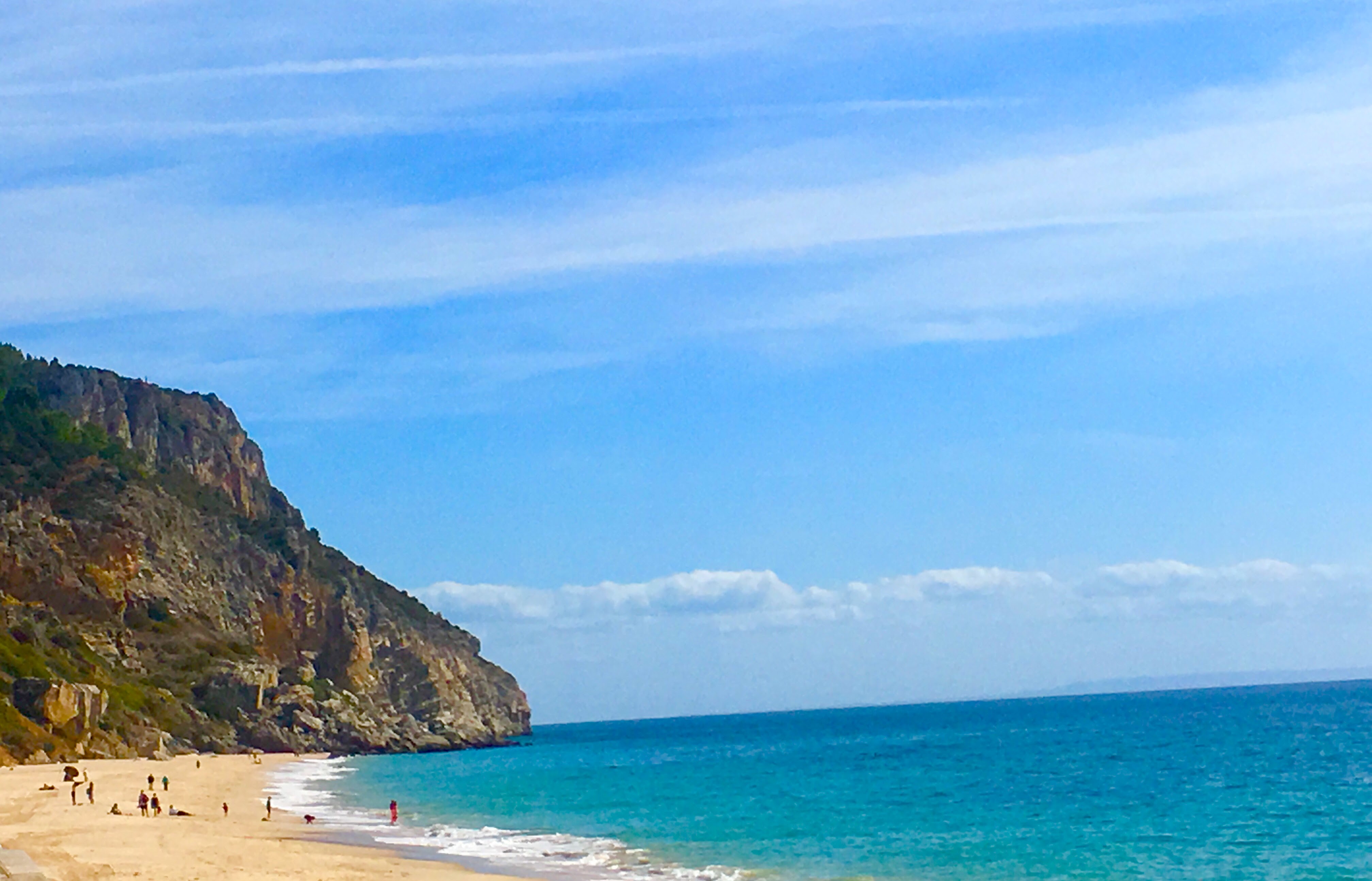
Politics
Portugal is a semi-presidential democratic republic. A prime minister is the head of government, and a president is the non-executive head of state. Portugal is governed by the center-left Socialist Party (PS). PS won a third term in January’s early general election, in a surprise landslide that quashed a strong challenge from its rival, the center-right Social Democratic Party (PSD). EuroNews has compared PS to the British Labor Party, and PSD to the British Conservatives. PS and PSD are the two major political parties, but nine different parties make up Portugal’s Assembly of the Republic, ranging from far left of PS to far right of PSD. The PS government’s current proposals include addressing affordable housing, improved wages, and increased energy efficiency. Other proposals could directly affect expats:
“A PS majority government could impact expats and internationals. Many on the left in Portugal have been widely critical of the Portugal Golden Visa and the non-habitual tax regime for foreigners, arguing these provide tax relief to those that are already economically advantaged. The Golden Visa has also led to an increase in the property market at values much higher than the reality, making it almost impossible for the average Portuguese person to buy a house. We do not know for sure if PS winning a majority will mean a stronger stance against this.
Portugal.com
“Changes to the Portugal Golden Visa have already been established, primarily motivated by the Socialist Party, as well as the Left Block. Since January 2021, those looking to be eligible for a Portugal Golden Visa can no longer purchase property in Lisbon and Porto, only some parts of the interior of the country. Although the state budget for 2022 does not mention the Golden Visa, it is still possible that more restrictions or a total ban could occur. However, this is unlikely to happen in the next year.
“One specific policy is to reform SEF, the Portuguese Foreigners and Borders Service. The party also wants to create a digital platform for immigrants to make applying for a visa and uploading documents easier. PS also wants to simplify the types of visas out there and the complicated processes for each one, so that the overall immigration process runs more smoothly.“
Purchasing Power
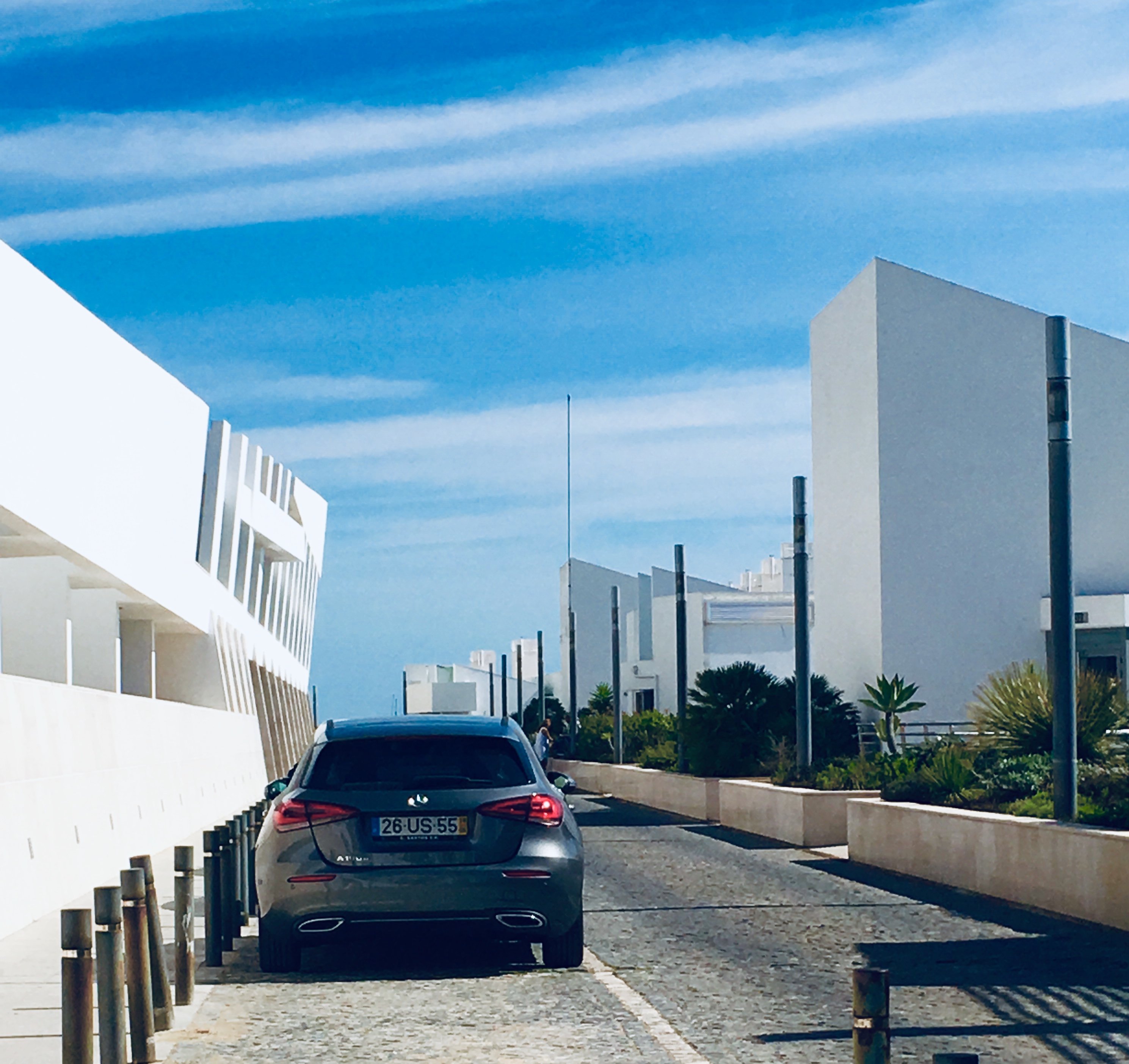
According to real estate site Idealista, average home sale prices in Portugal rose 7.8 percent from March 2021 to March 2022. Renting a home in Portugal was 2.2 percent more expensive in March 2022 compared to the same period in 2021.
Mortgage rates in Portugal are based on the Euribor rate. They’ve been on the rise but remain lower and more stable than rates in the US. The 6-month Euribor rate is the most used in Portugal in terms of total volume of housing contracts, according to Idealista. That rate is still in negative territory with an increase to -0.320 percent this week. New mortgage loan contracts in Portugal are indexed to the 12-month Euribor, which increased to 0.005 percent this week, the first positive value recorded since 2019. The equivalent US dollar 12-month LIBOR was 2.25143 percent yesterday.
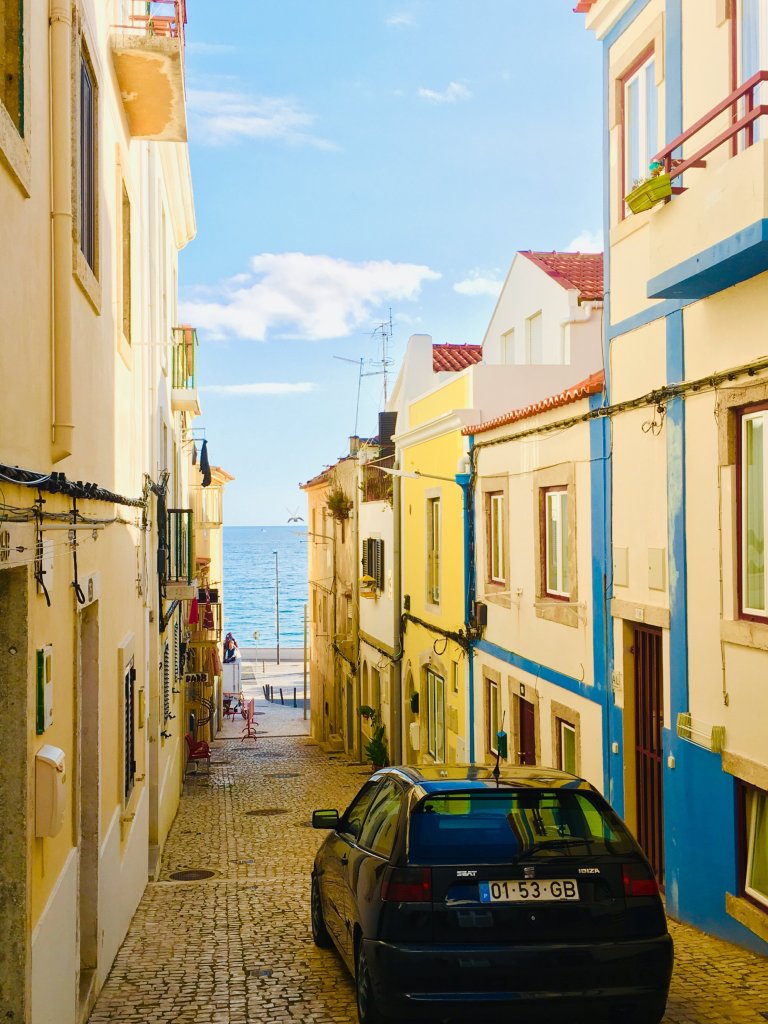
Energy prices are high in Portugal and other European countries. Portugal imports the majority of its petroleum from Nigeria and Brazil, according to The Observatory of Economic Complexity (OEC). Like other European countries, Portugal’s housing stock is very old, with damp and drafty buildings that have no insulation. Government initiatives and new technologies are attempting to address this energy inefficiency.

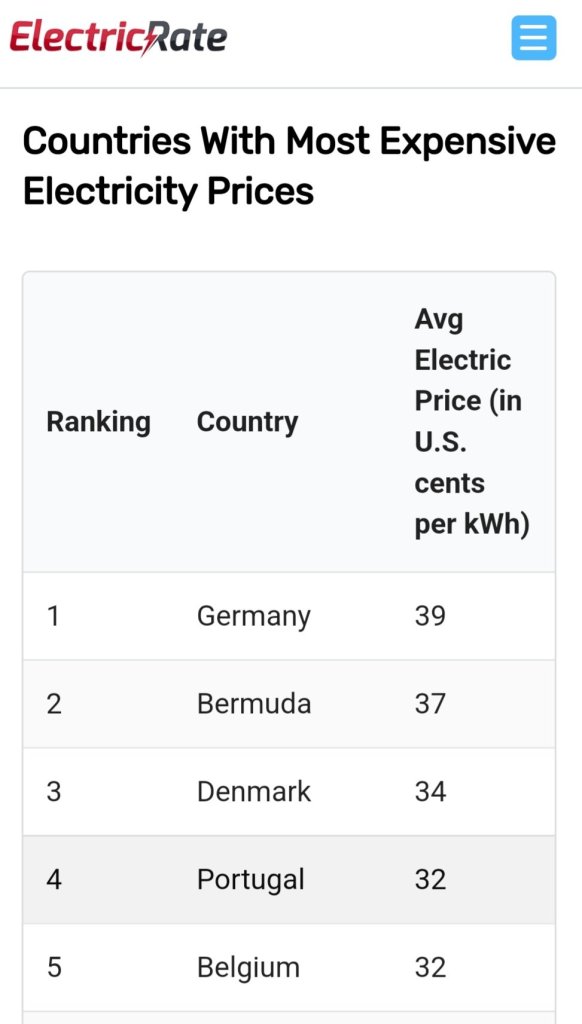
The average residential electricity rate in the US is 13.5 cents per kilowatt-hour.
Source: ElectricRate.com


The current inflation rate in Portugal is 5.3 percent, compared with 8.54 percent in the US. Rates are calculated based on CPI (Consumer Price Index) values for the last 12 months ending in March 2022. Source: InflationTool.
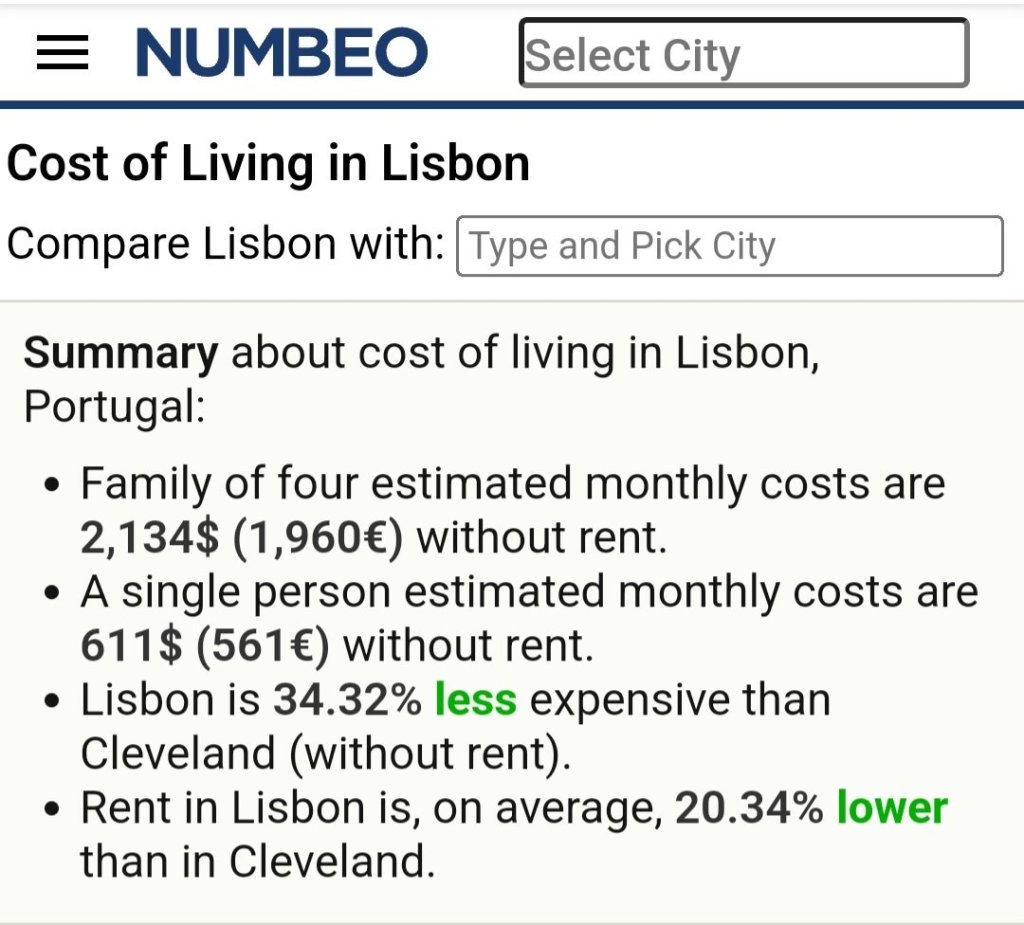
Source (April 2022): Numbeo

The cost of living in Portugal is low, as are wages. The minimum wage increased 6 percent in January to 705 euros a month. Portugal and 12 other EU member countries have minimum wages below 1,000 euros a month, according to the European Statistics Office. According to Idealista, the hourly labor wage for skilled contractors is 16 euros, compared to an average of 29.6 euros in other EU countries. In Portugal, according to the National Statistics Institute (INE), the most recent reported unemployment rate was 6.3 percent at the end of last year. In comparison, the unemployment rate in the US was 3.9 percent at the end of 2021.

Paying Taxes
Portugal taxes income at rates up to 48 percent. The Non-Habitual Residency initiative is a 10-year tax-relief program for expats, provided they sign up for NHR status by the deadline following approval of their Residency Permit. Under NHR, foreign income from most sources is exempt from Portugal’s personal income tax for 10 years if it is taxed by the source country. Foreign retirement pensions and distributions used to be exempt from taxes, but in 2020, the Portuguese government increased the tax rate on foreign pensions from 0 to 10 percent. Taxes paid in Portugal are applied as a credit on US tax returns, under a taxation treaty that protects against double taxation. The US also has a Social Security agreement with Portugal so benefits are only taxed in the country where they were earned.
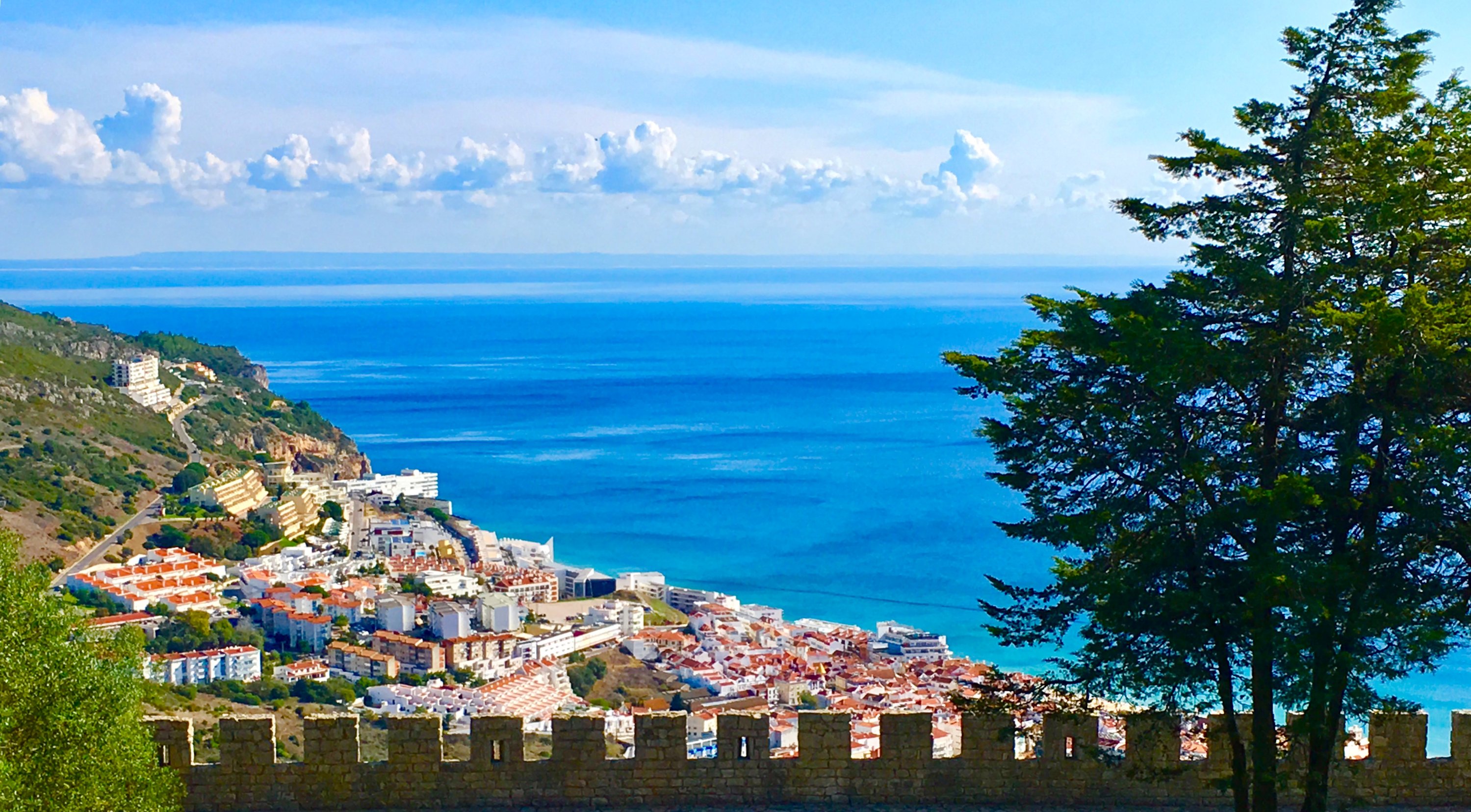
Stay Tuned
Moving to another country is a complex process and information can change quickly and without notice. Everyone’s experience can be different. I’m remembering to take it all in stride, stay flexible, prepared, pivot-ready, and positive. Stay tuned. May’s MEL will be about the Portuguese language. Thank you for reading!

All photos are my own.
The Hot Goddess
Instagram: retired_rewired_inspired
If you enjoyed this please remember to Share, Like, Follow, Comment, Subscribe. (This is my “call to action” I’m supposed to include in every post. Thanks so much for your support!) ❤



Portugal looking quite appealing …thanks for all this knowledge. Good luck on completing your quest Natalie
LikeLiked by 1 person
Dee, thank you so much! Lots of learning for me to do. Writing about it helps me keep it straight. So glad you enjoyed reading this.
Happy Easter to you 💜
LikeLiked by 1 person
A pleasure to read. It’s quite educational!!!
LikeLike
I’ve heard and read lots of good things about Portugal. I’m glad you’re following your heart Natalie and being careful about the move too.
LikeLiked by 1 person
Thank you, Brad! The teacher in me finds comfort in researching every little thing, though I have to guard against overthinking everything. It feels good to follow one’s heart. Wishing you a wonderful weekend on your pond! 💜
LikeLiked by 1 person
Your pics are gorgeous! I can see why Portugal is so appealing. Your post was very interesting and I enjoy reading about your “pre-journey”. So glad that you are flexible and prepared with the potential changes to taxation and VISA status. Praying you get the Visa and housing situation all worked out. Looking forward to hearing about your “language learning”! Happy Easter and Best Wishes! Leigh
LikeLiked by 1 person
Thank you so much, Leigh! 💜 I appreciate your kind words and encouragement, and am keeping my fingers crossed. Have a wonderful Easter weekend!☀️
LikeLiked by 1 person
That is a lot of thorough research! You definitely will be ready for your move. I’ve heard of buying residency or citizenship by investing in the economy. Is that the Golden Visa program?
LikeLiked by 1 person
Thank you, John! Lots of info to digest. Yes, the Golden Visa targets investors, and doesn’t require one to stay in Portugal for at least 6 consecutive months each year.
LikeLiked by 1 person
This is so fascinating and so complex. But if anyone is going to tackle this adventure and nail it, it’s YOU! Your courage and verve are so inspiring and I love that you’re sharing this journey with the world!!!
LikeLiked by 1 person
Thank you so much, Libby! 💜 Keep your fingers crossed and your Goddess vibes coming, my friend.🤞🏾💫
LikeLiked by 1 person
Yup I got you! 💖
LikeLiked by 1 person
💜
LikeLike
There a certainly a lot of things to consider. You seem to be organized enough to manage them.
LikeLiked by 1 person
Thank you for reading, Jennifer! Lots of things to keep track of. I appreciate your support!
LikeLiked by 1 person
Wow – that cost of living is amazing! What an interesting and well-written post.
LikeLiked by 1 person
Thank you for reading, Wynne! Lots of info to digest.
LikeLiked by 1 person
This is fascinating and great information, Natalie! Thank you for sharing this.
LikeLiked by 1 person
Thank you, Ann! So glad you find it helpful.
LikeLike
Natalie, you are impressive researcher! An enjoyable and interesting presentation.
LikeLiked by 1 person
Ah, Michele, thank you for reading! You know we teachers love our research. 💜🤓
LikeLiked by 1 person
You are welcome. Yes we do! 🤓📚
LikeLiked by 1 person
Hey, Natalie!
How’s the walkability and public transportation in Portugal?
LikeLiked by 1 person
Hi Vince! Thank you for stopping by. It depends on the area of Portugal. Metropolitan areas have great public transportation systems and are very walkable. I’m not bringing a car so that’s very important to me. I stayed in the village of Sesimbra, about 40 minutes south of Lisbon, and walked or took the public bus everywhere. Buses run regularly from Sesimbra to Lisbon, where you can take a train to cities all over Portugal.
LikeLike
Very interesting – beautiful country!
LikeLiked by 1 person
Thank you, Birdie!
LikeLiked by 1 person
Love how you’ve shared the information – the pros and the cons. Portugal seems like a idyllic place.
I think my perfect place to retire to as of now would be Bali.
LikeLiked by 1 person
Thank you for reading and commenting, Moksha 💜
Many are drawn to Bali. It’s beautiful.
LikeLike
[…] some interesting and surprising information that doesn’t really fit into any of my planned MEL articles, so I thought I’d just share these random facts here […]
LikeLike
[…] Residency visa requirementsMarch: Finding housing in PortugalApril: Taxes & Money in PortugalMay: World Portuguese Language DayJune: Healthcare in PortugalJuly: Expatriate is not […]
LikeLike
[…] post was scheduled to be another article in the monthly Midlife Expat Learning series. June was supposed to cover healthcare in Portugal. But I came across some new information […]
LikeLike
[…] Residency visa requirementsMarch: Finding housing in PortugalApril: Taxes & Money in PortugalMay: World Portuguese Language DayJune: Healthcare in Portugal (postponed). See Cutting expenses to […]
LikeLike
[…] Residency visa requirementsMarch: Finding housing in PortugalApril: Taxes & money in PortugalMay: World Portuguese Language DayJune: Healthcare in Portugal (postponed). See Cutting expenses to […]
LikeLike
[…] Residency visa requirementsMarch: Finding housing in PortugalApril: Taxes & money in PortugalMay: World Portuguese Language DayJune: Healthcare in Portugal (postponed). See Cutting expenses to […]
LikeLike
[…] all in stride, stay flexible, prepared, pivot-ready, and positive. Stay tuned. April’s (2022) Midlife Expat Learning will cover what I’ve learned about taxes, money, and banking in […]
LikeLike
[…] Residency visa requirementsMarch: Finding housing in PortugalApril: Taxes & money in PortugalMay: World Portuguese Language DayJune: Healthcare in Portugal (postponed). See Cutting expenses to […]
LikeLiked by 1 person